My Rose Bush looks bad!!

Related Discussions
GNATS - How to get rid of them?
Somehow my house and garden got tiny gnats that killed my fuchsia plant and fly everywhere. I have tried ALL the Web recommendations - soap and oil dishes, sand in th... See more
Marigolds growing! Should I pinch the buds?
My marigold plants are growing. I heard that pinching the buds until Autumn will allow them to grow without killing the plant. Is this true?
Growing garlic
Growing our first garlic, should we wait until the leaves are drying out before we pick it? Husband picked first one today along with our first potatoes.
How to keep mice out of your garden?
Hi everyone, I have mice in my garden destroying my vegetables and I have also noticed them in the barn and shed. Please can someone tell me how to prevent them from ... See more
What's the best flower/plant to grow in Texas?
I know that opinions vary, but what's your opinion?!I have great luck w Rosemary plants. Green all year long.
Why doesnt my rose bush grow?
I planted a rose bush about 4 years ago. The rose bush may be 5" in height if that much. However it gives me the most beautiful blooms, one at a time at least 3-4 ... See more
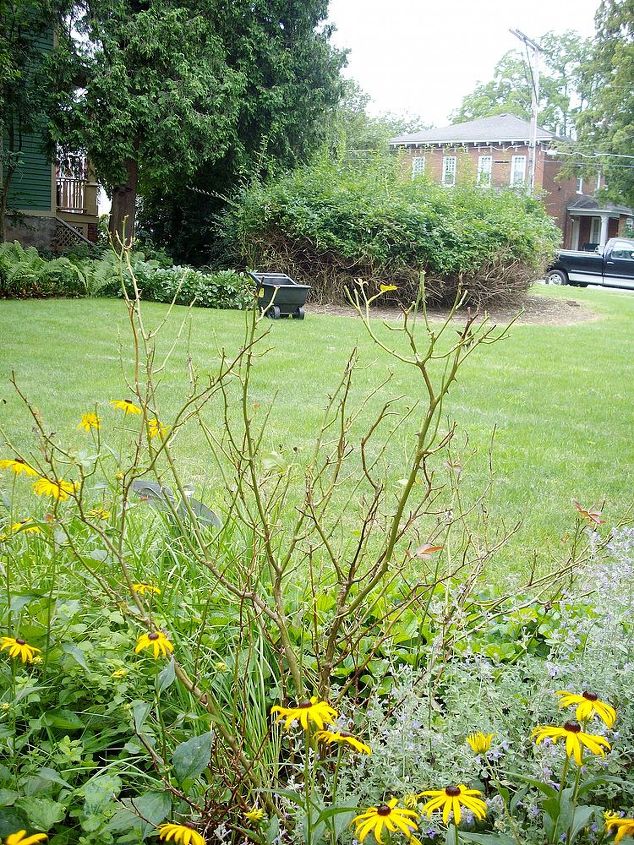
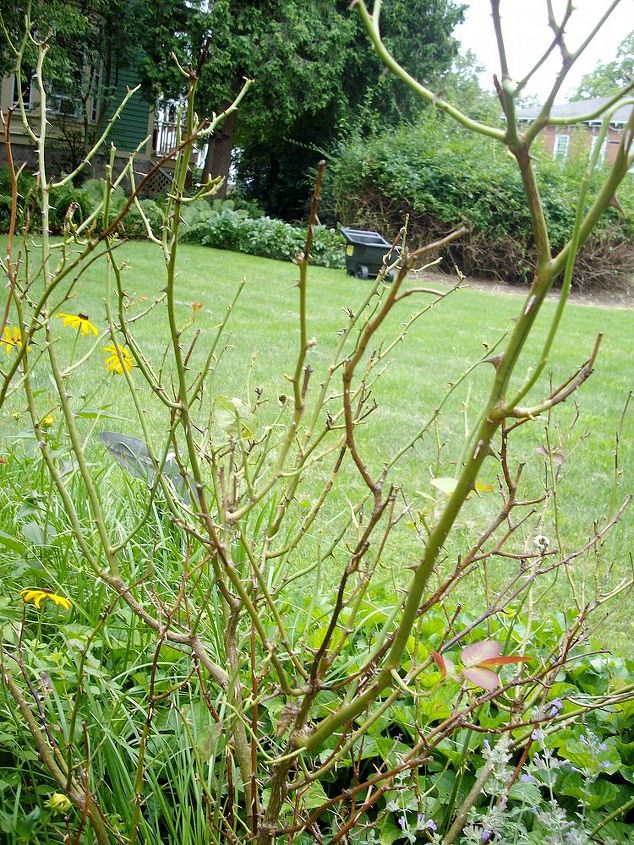
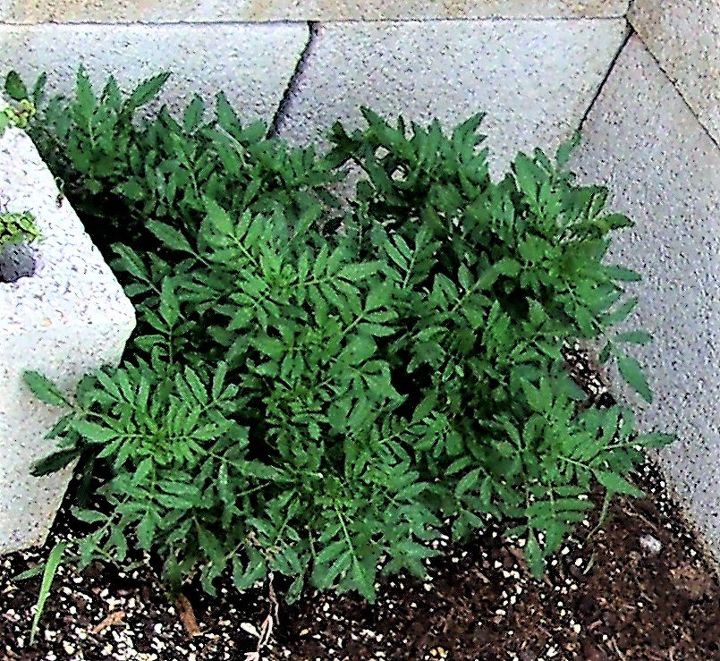
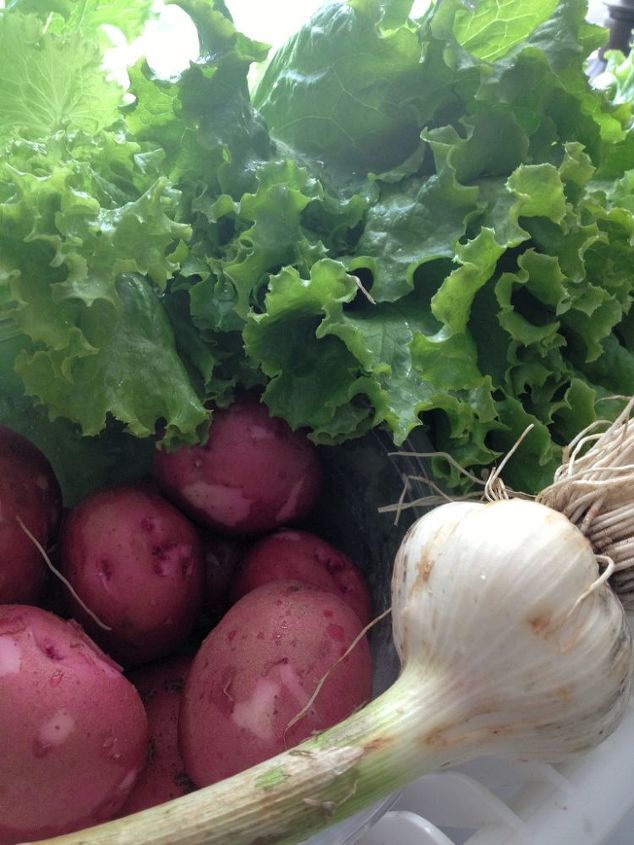
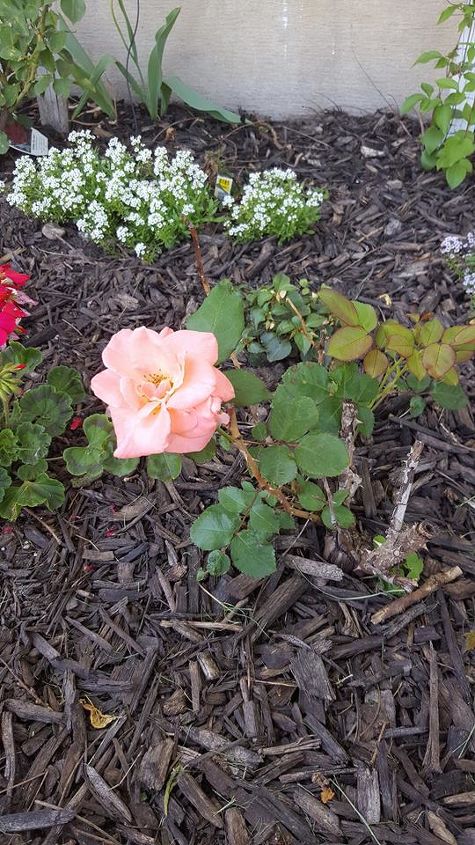
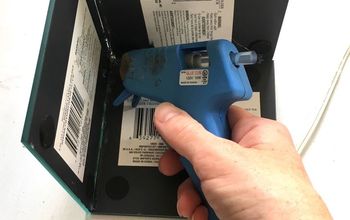
Using regular grocery corn meal is fine. Normally apply the corn meal early in the day, while the leaves are damp, that allows the corn meal to "stick on " better. Also sprinkle the corn meal heavily under the plants themselves. You want to make sure you clean as much debris as possible out from under the plants. You can water the corn meal on the ground so it will soak in. It will take time, but corn gluten contains a natural fungicide that suppresses and kills black spot spores. What's happening is the infected leaves are breaking down on the ground under the plant leaving a source of infection. When it rains or you water over the rose bushes, the water falling causes the spores to bounce back up to the plant. So you have a never ending cycle of reinfection. Hope that helps. PM me if you have other questions.